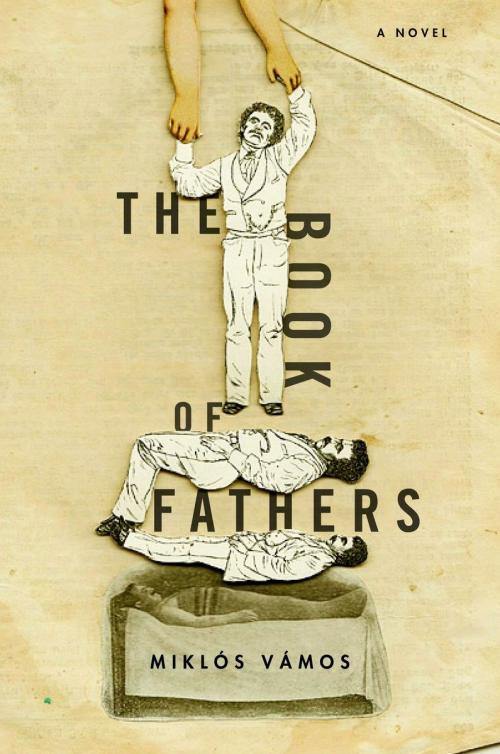1. This book closely examines ethnic identity and the ways in which we classify ourselves and create a self-identify based on our heritage. Think about the descriptors you use to quantify your own identity. How do Jews (or Christians, Hindus, Muslims, etc.) know they are Jews? And what does it mean to you when you lay claim to a specific nationality based on your ancestry? In what ways do you celebrate your heritage? In what ways do you attempt to instill an appreciation for your heritage into future generations within your family? What does it mean to you to be an American?
2. As is true for many of his contemporaries, as a result of the Holocaust, the author Miklos Vamos had no knowledge or access to information about the history of his family. Discuss how The Book of Fathers, despite being a work of fiction, serves as an imagined memoir. What is the value of this to Vamos? To others with a similar history?
3. The Book of Fathers has been published in thirteen languages and has had a deep impact on readers around the world. Many have gone to visit their older relatives, interviewed them about their life, made notes or videotaped the conversations, in the end creating their own “book of fathers.” Think about your own family. Are you satisfied with the level of knowledge you have of your own history? How did you come upon this knowledge? What attempts have you made-or would like to make-to fill in the gaps?
4. A sense of shared history defines the Csillag family through the centuries. What major events in the history of your own people do you identify with even though you may not have lived through them yourself? In what ways do events in our history (e.g., genocide, war, slavery) reverberate through generations, shaping our politics, career choices, love lives, and our very identities? Is it important to you to continue to bear witness to the triumphs and burdens faced by your ancestors? Why or why not?
5. When Kornell finds the family’s gold pocket watch, it becomes a totem for the long line of Csillag men. Discuss the significance of the fact that their family touchstone comes in the form of a timepiece. What items are cherished within your own family or have been passed down from generation to generation? What meaning do these items hold for you?
6. Though they may be interested in the history of their own nation or that of their mother country, many people lack an interest in the history of far-off countries. How would you classify your own level of interest in world history and international affairs? What factors influence the scope of your interest? How does one’s knowledge of world history add to or limit one’s understanding of the history of their own nation?
7. The Book of Fathers examines language and the effect it has on our identity. Does your family mix various languages or incorporate foreign words and phrases that were used by previous generations? What does this add to your overall mental picture of your family? Think about how the English language is evolving and how much it has changed since our country’s founders first arrived on American soil-or even in your own lifetime. What are your thoughts on these shifts? How does language evolve over the course of this novel?
8. The Csillag men are clairvoyant, able to glimpse both the past and the future. Were you able to suspend disbelief and go with this construct? Why or why not? Discuss other writers who have employed magical realism in their work. How does Vamos’s work compare?
9. The names Csillag and Stern both mean “star.” Discuss the many ways in which solar imagery is used throughout the book. Why do you think Va?mos chose this imagery? What meaning did he intend?
10. Women play a fairly insignificant role in The Book of Fathers. What are your feelings about this? In thinking about your own family, what role do the men play in defining who you are and the way in which your family views its place in the world? Is gender more or less important now than it was in previous generations? In what ways?

